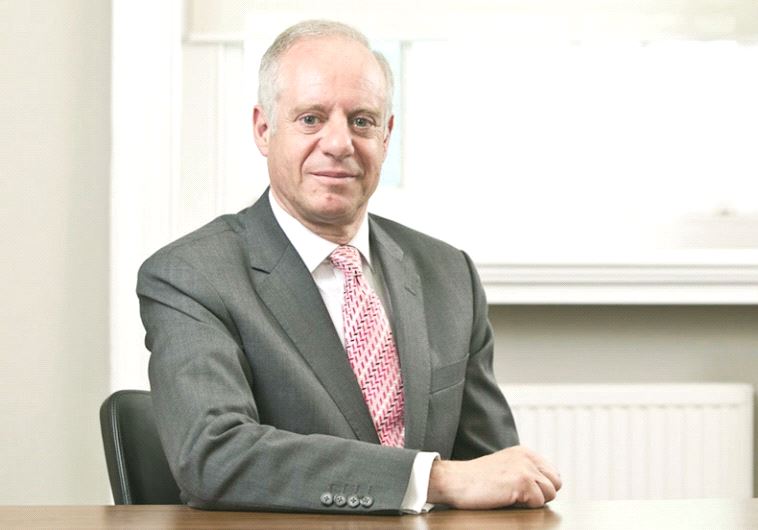British Jewry, intolerance against Orthodoxy and global religious extremism
Jonathan Arkush, leader of the main representative body of Britain’s Jews, sees good reason to be optimistic on the kingdom’s Jewish community.
 Jonathan Arkush, president of the Board of Deputies
Jonathan Arkush, president of the Board of Deputies